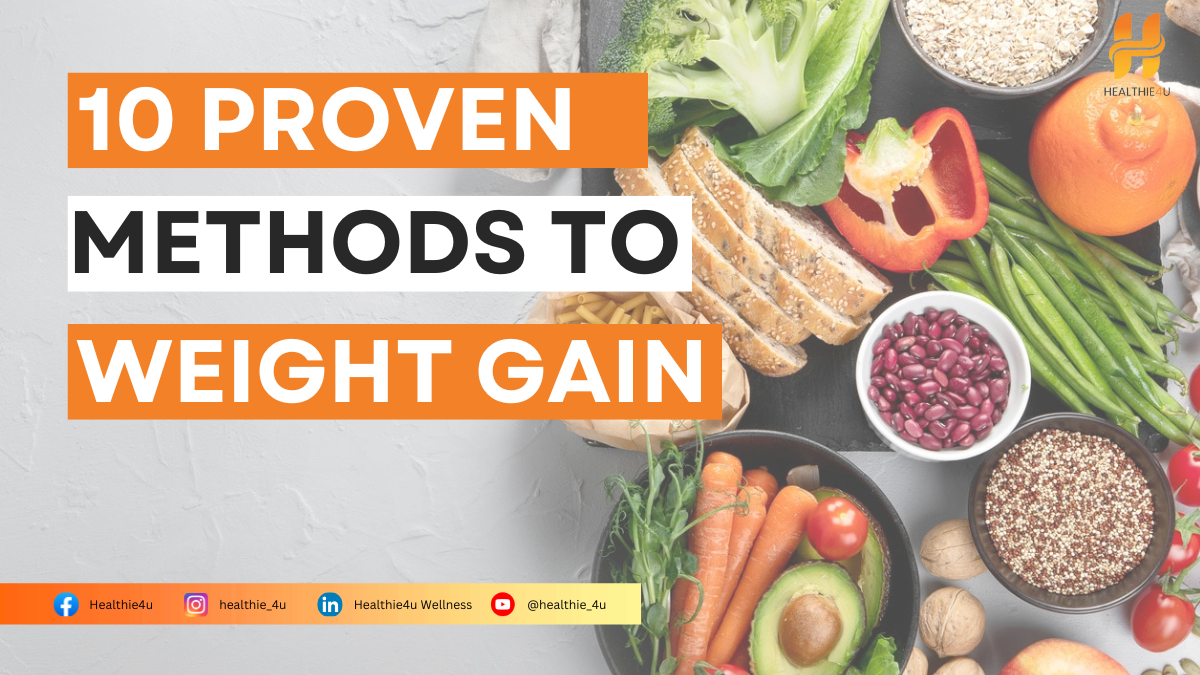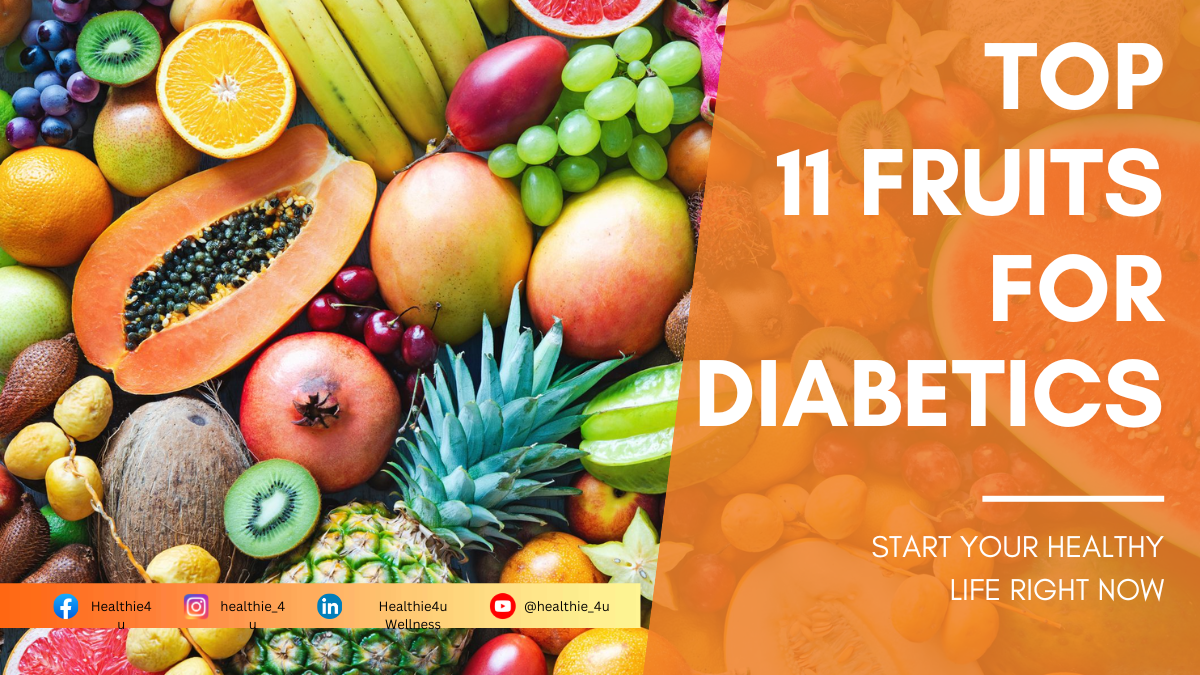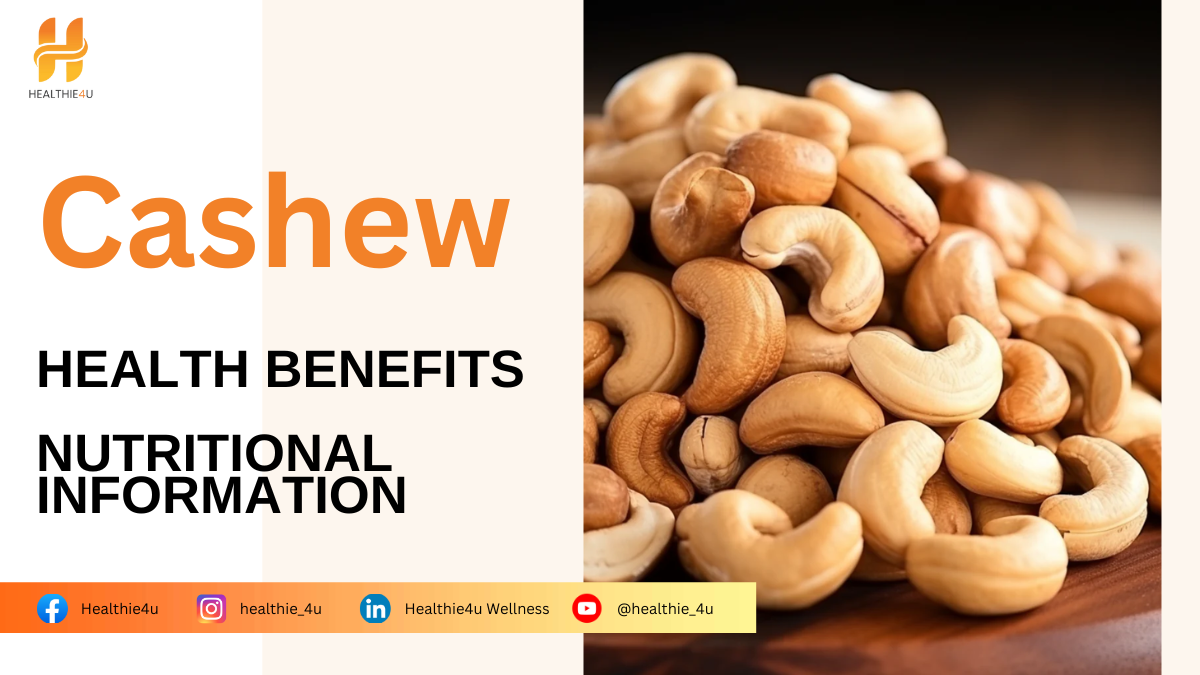

Cashews are a type of seed with a soft consistency and a sweet flavor. They can be a good source of protein and minerals as part of a balanced diet.
Cashews are also part of many dairy alternatives, such as cashew milk, cashew-based cheeses, and cashew cream.
The most important benefits are anti-bacterial, anti-diabetic, anti-diarrheal, anti-fungal, anti-hyperglycemic, anti-inflammatory, anti-microbial, anti-oxidant, anti-tumor, and wound healing.
Cashews contain substantial amounts of essential nutrients, particularly copper. They are also a source of Protein, magnesium, iron, and zinc.
The following table shows the Nutritional benefits of Cashew.
1 serving of cashews is about 18 whole cashews.
| Nutrient | Amount |
| Calories | 166 Kilocalories (Kcal) |
| Carbohydrates | 8.99 G |
| Protein | 4.21 G |
| Fiber | 0.82 G |
| Total Fat | 13.6 G |
| Calcium | 12.5 Milligrams (Mg) |
| Copper | 0.61 Mg |
| Iron | 1.65 Mg |
| Magnesium | 71.4 Mg |
| Phosphorous | 135 Mg |
| Potassium | 155 Mg |
| Sodium | 4.54 Mg |
| Zinc | 1.54 Mg |
-
HEALTH BENEFITS OF CASHEWS:
Cashews are a nutrient-dense snack that offers several health benefits:
1. Heart health
A 2023 review trusted source of previous research states that there is a “substantial amount of evidence” that eating nuts can reduce the risk of cardiovascular disease (CVD).
Cashews are rich in healthy fats, particularly monounsaturated fats, which help reduce bad cholesterol (LDL) and increase good cholesterol (HDL). This can lower the risk of heart disease and stroke.
Studies have shown an association between higher nut intake and the following:
- 19% lower risk of CVD
- 24% lower risk of coronary heart disease (CAD)
- 15% lower risk of atrial fibrillation
- 19% lower risk of death overall
2. Improved Brain Function
Rich in essential fatty acids, cashews can improve cognitive function and protect brain health. The presence of magnesium also plays a role in nerve function and may help reduce symptoms of anxiety or depression.
3. Bone health
Cashews are an excellent source of magnesium and phosphorus, both essential for maintaining strong bones. Magnesium helps with calcium absorption and bone formation.
Cashews may have benefits for the joints. A 2022 animal study of degenerative joint disease found that rats who received cashews daily had lower rates of inflammation and pain-like behavior. The authors suggest this could be due to the antioxidants they contain.
4. Weight Management
Despite their calorie content, cashews can aid in weight management when consumed in moderation. The fats, fiber, and protein in cashews promote feelings of fullness, reducing overall calorie intake.
5. Blood Sugar Control:
Cashews contain low amounts of sugar and are rich in fiber, which can help in managing blood sugar levels. The healthy fats can also support insulin sensitivity, making them a good option for those with diabetes.
6. Eye Health
Cashews contain antioxidants, which are beneficial for eye health. These antioxidants protect the eyes from harmful UV rays and reduce the risk of age-related macular degeneration.
7. Boosted Immune System
Cashews are a good source of zinc and copper, both of which are vital for maintaining a healthy immune system. These minerals promote wound healing and aid in enzyme production.
-
HOW TO INCLUDE CASHEWS IN YOUR DIET?
– Eat them raw or roasted as a snack.
– Add cashews to stir-fries, salads, or oatmeal.
– Use cashew butter as a spread or in smoothies.
– Include cashews in vegan recipes like cashew cream or sauces.
-
HOW TO STORE CASHEWS
Nuts have a high fat content, and they can become rancid. Rancid nuts are not unsafe, but they have a sharp flavor most people find unpleasant.
Keeping cashews in a cool, dark, and dry place may improve their shelf life. Once opened, store them in a zip lock bag or airtight container, and eat before the expiration date.
-
CAUTIONS
– Cashews can cause allergic reactions in some individuals.
– They are calorie-dense, so excessive consumption can lead to weight gain.
Summary
Cashews are a type of seed with a sweet, mild flavor. They are a source of protein, as well as several minerals, including copper, magnesium, zinc, and iron.
Some research suggests that they may have health benefits, such as reducing blood pressure. In combination with other nuts, they may reduce the risk of CVD.
People can enjoy cashews as part of a balanced diet as a snack or as part of a main meal. When purchasing seasoned cashews, though, it is important to check the label for high levels of salt or other additional ingredients.






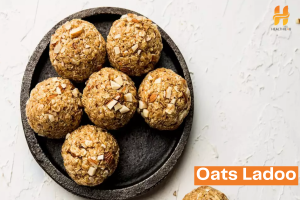

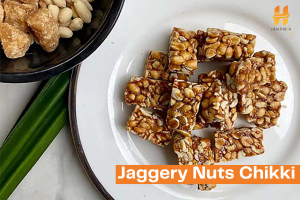
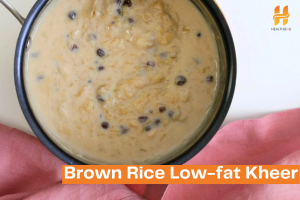
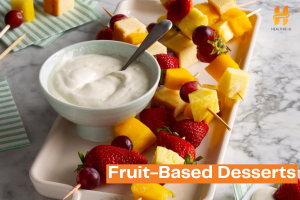
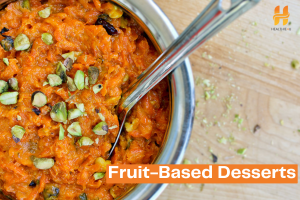
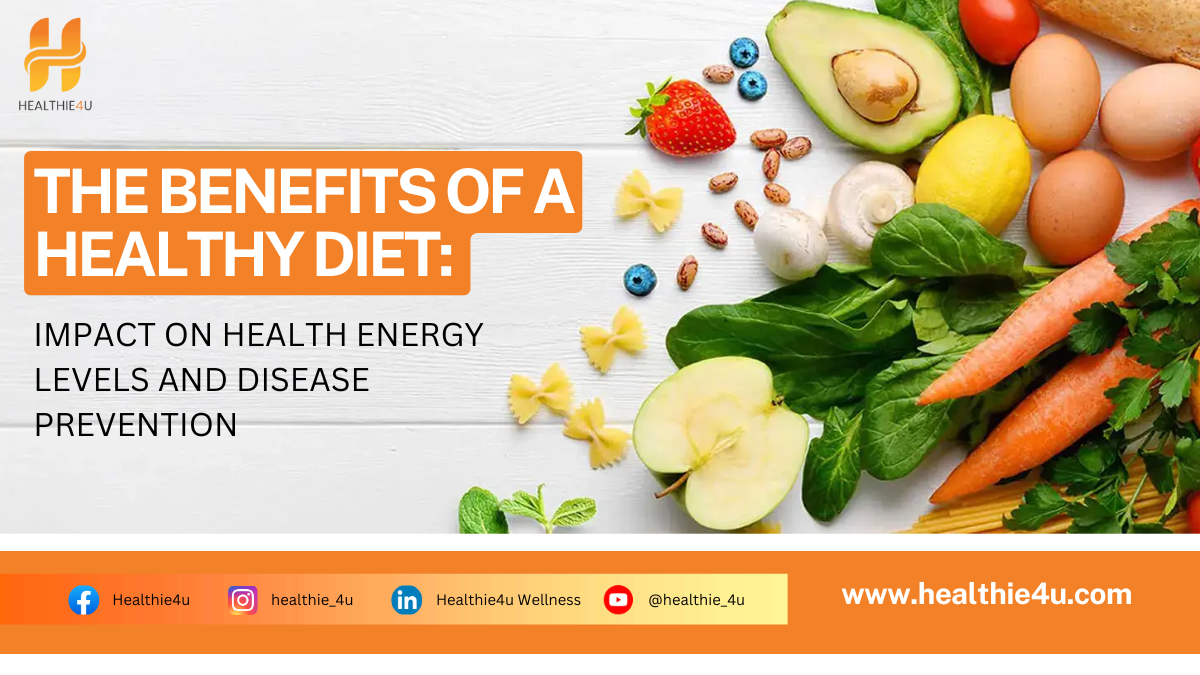
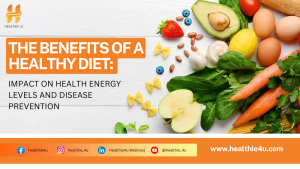







 In today’s busy work environment, finding a balance between daily tasks and taking care of ourselves can be tough. Eating well and looking after our mental health are important for keeping our energy up, staying focused, and feeling satisfied with our jobs, but these things often get ignored. By using some easy strategies for healthy eating and mental wellness, we can create a more productive and enjoyable workplace. This guide provides practical tips to help you priorities your health and well-being throughout the workday, whether you want to enhance your diet, reduce stress, or increase your energy levels.
In today’s busy work environment, finding a balance between daily tasks and taking care of ourselves can be tough. Eating well and looking after our mental health are important for keeping our energy up, staying focused, and feeling satisfied with our jobs, but these things often get ignored. By using some easy strategies for healthy eating and mental wellness, we can create a more productive and enjoyable workplace. This guide provides practical tips to help you priorities your health and well-being throughout the workday, whether you want to enhance your diet, reduce stress, or increase your energy levels.